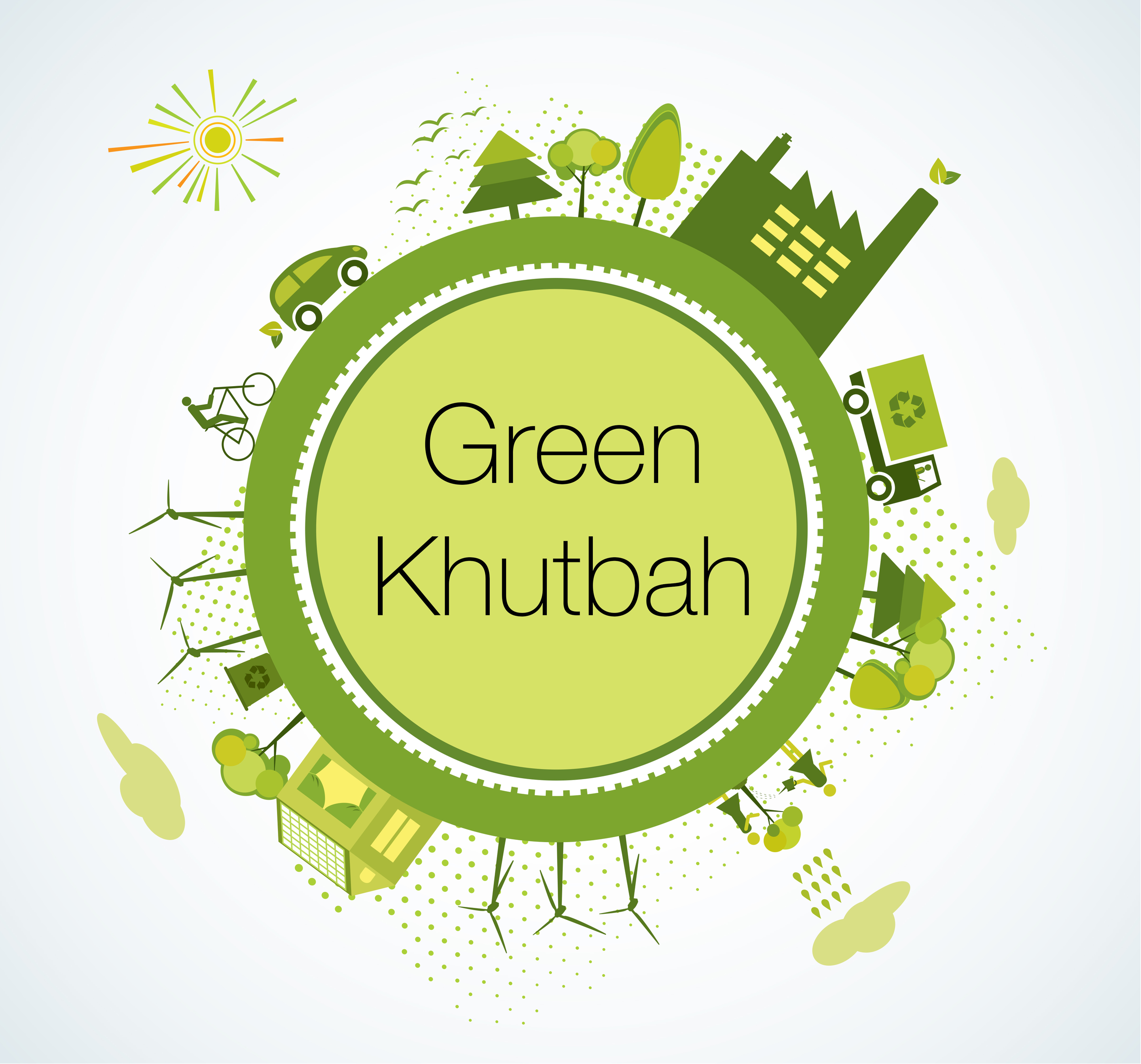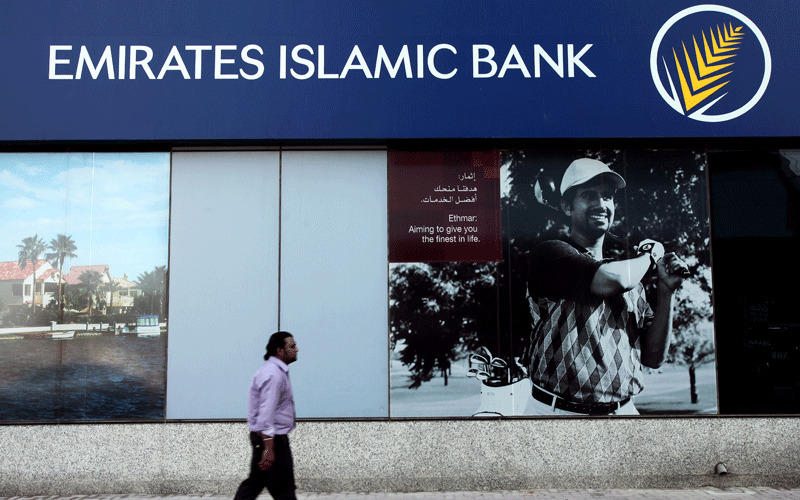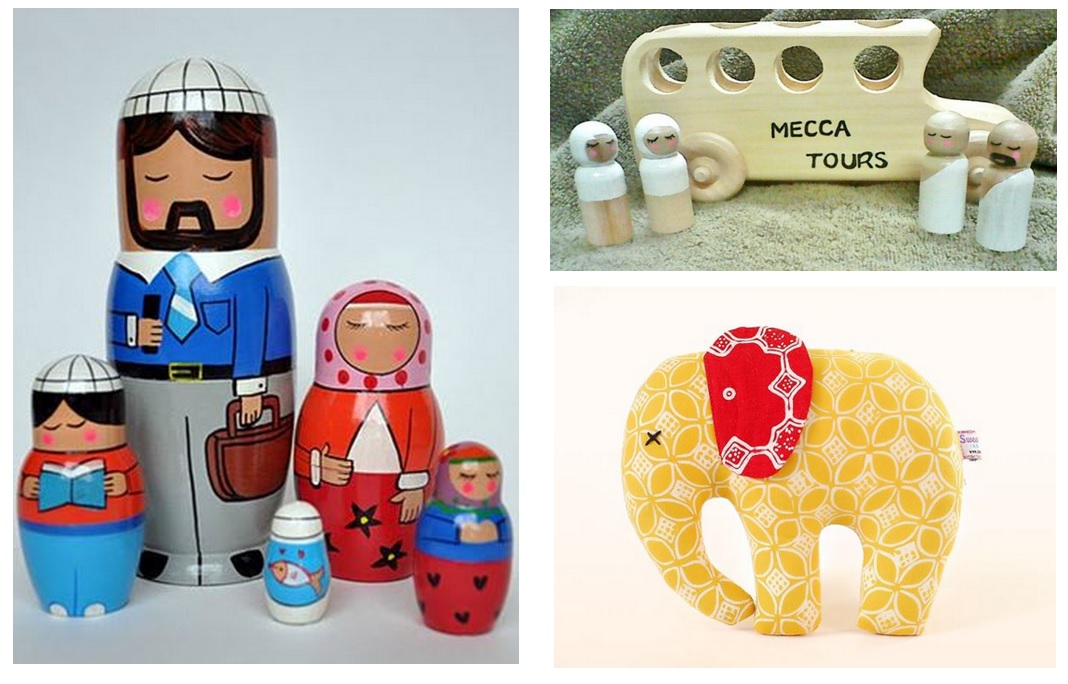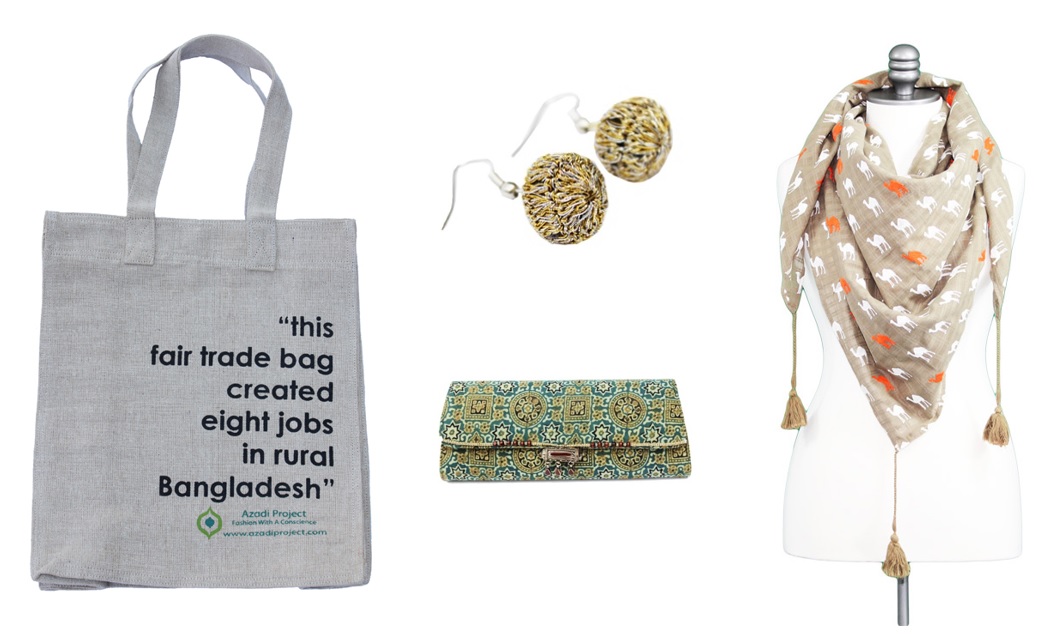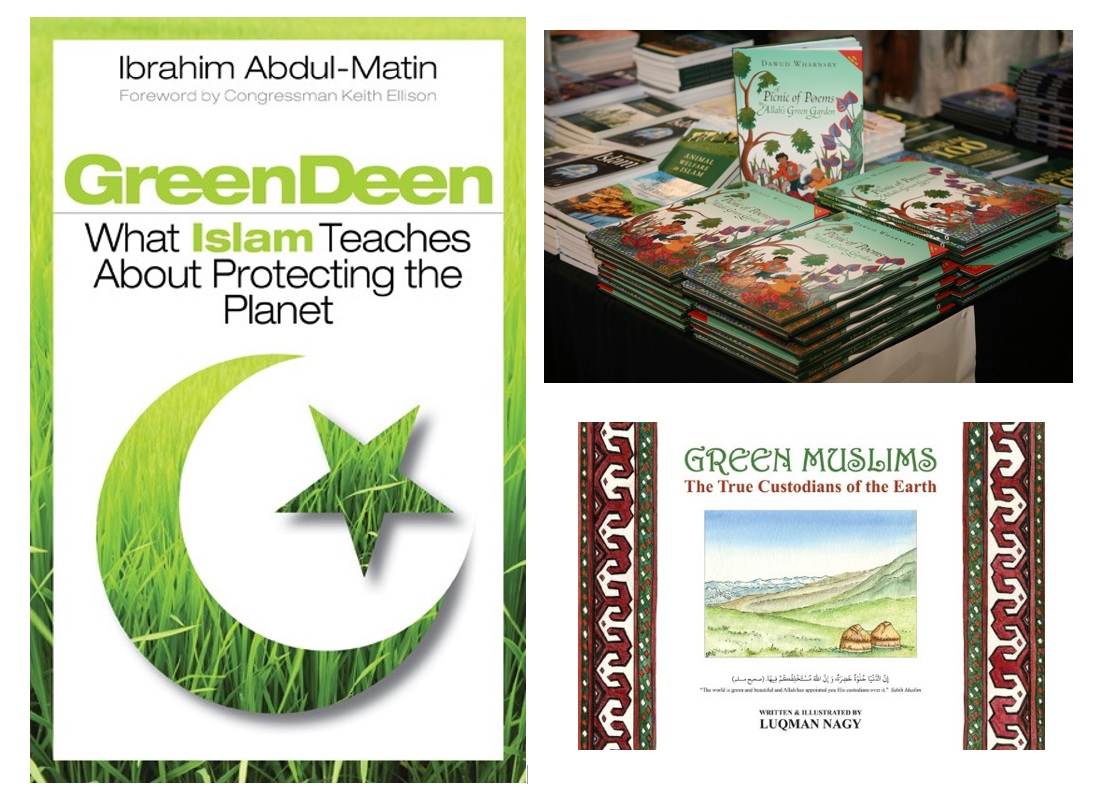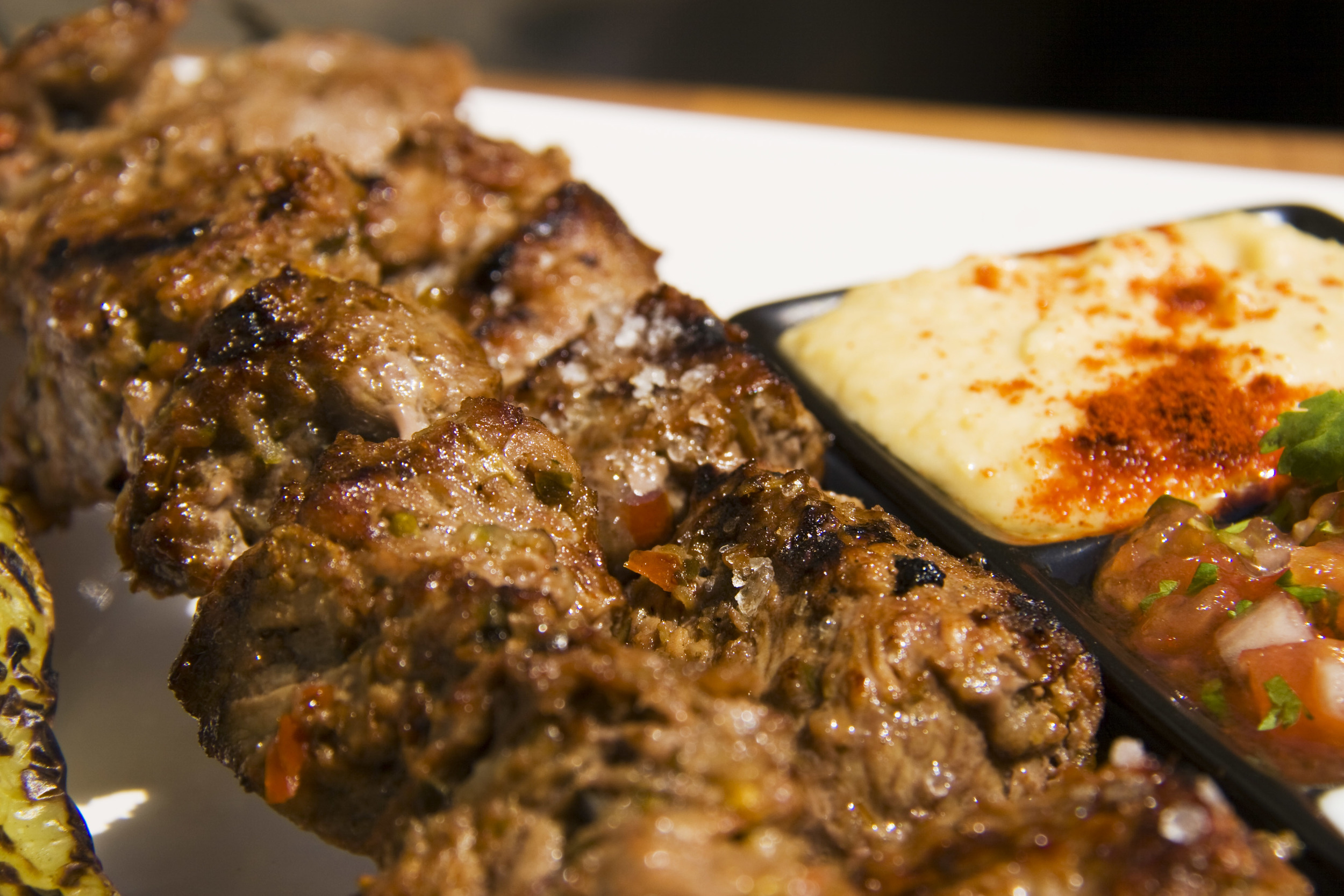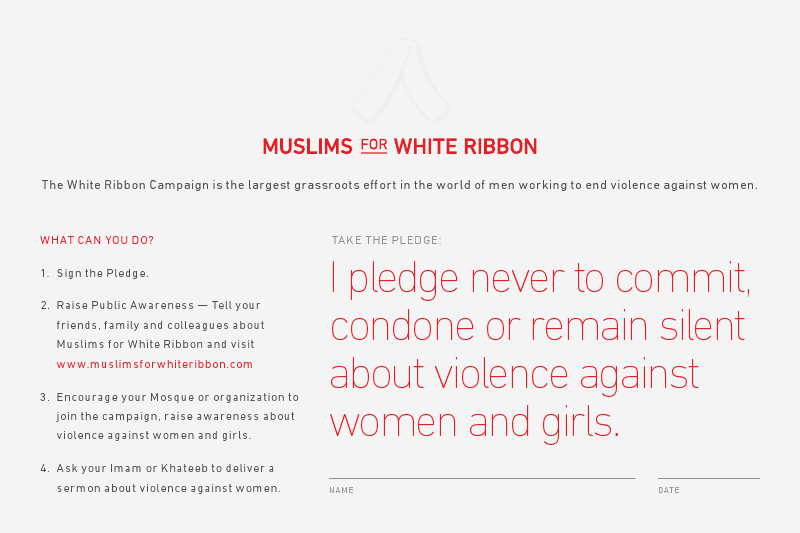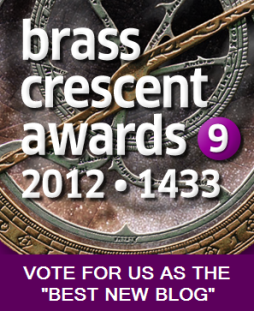 by Hind Al-Abadleh
by Hind Al-Abadleh
Attending the 2011 Reviving Islamic Spirit (RIS) Convention in Toronto was an intellectual and spiritual treat to environmental activists in the Muslim community. For the first time since its launch in 2001, highly respected and well-informed Muslim scholars addressed the attendees in their 40-50 min lectures on the green dimension of Islam, the moral and ethical imperative of protecting the planet, advocating for animal and workers rights, and the need to critically examine our lifestyles in light of the dominant unjust economic system.
The theme this year was “Control, Chaos or Community: Three Ways, One World, Our Choice,” which had a record-breaking 20,000+ people in attendance, not counting those who tuned in for live streaming over the internet. Below a summary is provided from my personal notes from the lectures delivered by Dr. Umar F. Abdalla, Professor Seyyed Hossein Nasr, and Shaykh Hamza Yusuf Hanson.
Under the theme “Noah’s Ark or the Titanic: The Navigational Value of a Moral Compass,” Dr. Umar F. Abdalla focused his talk on the role that we should play in addressing the environmental crisis facing humanity. “Today’s luxuries are tomorrow’s disasters,” he stressed. Dr. Abdallah got to the heart of the issue by stating that “we are extremely inefficient and extremely wasteful.” He reminded the audience that we have what it takes to make a difference in the world. The important tools we need are intellect, an ethical way of life and knowledge (in Arabic Aql, Deen, and Ilm).
Dr. Abdallah called the attendees to challenge inhumane practices to animals raised for food. He reminded them that God – the Almighty - created this world as a garden for animals and as faithful stewards of God on Earth, we should not turn it into hell for them. “Even pigs, we –Muslims - don’t eat pigs, but we should not be silent on the filthy environments in which they are raised for food.”
Dr. Abdallah stressed that it is a moral and an ethical obligation stemming from clear commands in the Quran and rich prophetic traditions that describe animal rights. He also alluded to the centrality of water in Islam and the highlighted the legal instruments in Islamic law that were derived to govern access to this natural resource by humans and animals, and protect it from pollution and contamination.
Dr. Abdallah emphasized that in our time and age, translating principles to action is possible and invited people to learn more about permaculture. He stressed that it is a proven system that can be implemented in the inner city, in the suburbs and rural areas, which can bring back to life dead lands for farming and inner cities plagued with violence and other social ills.
Later in the same evening, Professor Seyyed Hossein Nasr gave a lecture under the theme “Changing the Present, Dreaming the Future.” Professor Nasr is the author of the book “Man and Nature” that came out in the same year as Rachel Carson’s “Silent Spring” in the sixties. His lecture at RIS was on “Man, Nature and the Environmental Crisis from an Islamic Point of View.” He started by stating that Muslims inside and outside of the Muslim world are starting to pay attention to this matter. He stressed at the beginning of his talk to not be fooled by the rhetoric of some politicians who dismiss environmental degradation and global climate change as being serious and urgent issues that need to be dealt with. Professor Nasr said such attitudes are based on a “suicidal view of the nature of human existence on this earth.”
He highlighted the universality of the environmental crisis in that no one can evade from it, and gave an example of how people in Indonesia have been impacted by the contamination from the nuclear reactor in Japan this year. He criticized that of all the subjects that people discuss, addressing the environmental crisis is at the bottom of their concerns. This shows that humans are not attuned to the most essential, which is “the condition of our life on earth and how we are going to survive as human beings.”
Dr. Nasr stressed that the urgency in addressing the environmental crisis should be more than that of the economic crisis inflicting the world today. Deep down, the current economic crisis is a consequence of what humans have done to the environment in the name of “economic progress and development.”
He emphasized that the environmental crisis will continue unless there is a “profound paradigm shift in what the modern man considers himself and the world to be.” It means “a death to what we think we are and a birth to what we really are.” Dr. Nasr acknowledged the difficulty in doing so and said that this is the reason why the rest of the world, Muslim and non-Muslim, is developing by blindly following the model of the Western industrialized world; which has experienced firsthand environmental degradation since the industrial revolution.
Dr. Nasr focused the rest of his lecture to highlight how the Islamic world produced a civilization that was in harmony with the natural world and has “a long tradition of dealing with nature in a rational and scientific way.” Muslim intellectuals have written scientifically, philosophically, mystically, legally and judicially about nature and humans relationship to it. This is in contrast to Western association of civilization and modernization with unlimited growth, even at the expense of the destruction of nature. And the latter explains the delay in reaction to addressing the environmental crisis.
He invited people to examine the condition of the remaining traditional towns and cities in the Muslim World (such as Fes in Morocco and Isfahan in Iran), with that of contemporary towns and cities in the Muslim and Western worlds. Traditional cities were built in complete equilibrium and harmony with the natural world and could survive for centuries because they were built to efficiently use natural air circulation, water, space and light. This is in contrast to modern buildings that require a lot of energy to cool in the summer and heat in the winter.
Dr. Nasr elaborated on the meaning of Quranic verses that discourage and warn against ‘corruption on the Earth’ (see for example 2:11-12, 2:60, 7:74, 7:86, 7:103, 11:85, 26:183, 28: 77). The ‘corrupt’ human being is the one who does not respect the rights of God’s creation. In doing so, he does more serious damage than the cruelest killings of human beings or the most abusive forms of economic transactions.
Dr. Nasr emphasized that every creature has a right and that we – as humans - have no right to deny them that. He highlighted that the Quran contains “a complete cosmology, a philosophy of Nature in which Nature participates, not only in our lives, not only serves us, but also participates in our spiritual life.” He quoted a beautiful line of poetry by Jalaluddin Rumi in Persian that translates to:
“If only the world of existence has tongues, then it could lift off all the mysteries of God”
Such is the Islamic view of Nature that needs to be revived. Our role as God’s vicegerents of Earth is mainly to act as protectors of creation. Hence, it is a religious duty to protect elements of Nature. The Divine Shariaa contains references to the protection of non-human elements of nature alongside those that describe our duties to God and fellow human beings. Examples include, but not limited to, clear prohibition to polluting rivers and cutting fruit trees because these activities are sins in Islamic law.
About the future, Dr. Nasr said that God gave us intelligence to plan, and hence we have to:
-rethink man’s relationship with nature from an Islamic point of view that starts with a profound critique of the western worldview of nature
-reformulate, in a language that is understandable by youth, Islamic teachings concerning nature written in Arabic and Persian poetry
-revive Islamic science and technology in areas like agriculture, irrigation and architecture; and integrate elements from western science and technology that are in line with the core of Islamic worldview of nature.
-formulate “an Islamic ethics and metaphysics of nature.” The word “metaphysics” refers to a view of the nature of reality. “To be ethical while considering all animals to be machines because someone in high school told me so is very superficial.”
-concern for the environment has to become a central concern for Muslims. We need religious scholars and leaders to preach to the vast majority of Muslims about their religious duties towards the environment. These are duties towards God, ourselves, children and grandchildren.
The following day, Shaykh Hamza Yusuf Hanson of Zaytuna College in California delivered a thought-provoking lecture on “Sharing Success: Fair Trade Commerce for a Better World.” He narrated the history of the fair trade movement in North America that was started by a Mennonite woman who visited Central America and voiced her concerns over the exploitation of farmers.
Shaykh Hamza highlighted that the comfortable and relatively cheap lifestyle of the average person in North America is at the expense of the pain and suffering of farmers, children and workers in Asian, African, Central and South American countries that lack labor laws. This is how slavery in the 21st century looks like. He challenged people to think of the person who collected the cocoa and coffee beans before consuming and enjoying these products. He then expanded the list to include all cheap and mass produced goods that are imported to North America from the aforementioned countries.
As a trained scholar in traditional Islamic teachings, Shaykh Hamza called upon the Muslims to resist this unjust dominant economic system. He started by reflecting on the life of Prophet Mohammed – peace and blessings of God be upon him - before revelation as a shepherd in his youth and then a merchant in his adulthood. As a shepherd he learned to take care of his flock and to protect them from wolves, which were skills he utilized to spread the message of Islam.
Merchants by far are the most important members in society because they are at the heart of the commerce and economic systems. He said trustworthy merchants are at the ranks of martyrs on the Day of Judgment. He said commerce teaches manners in dealing with other people. If a merchant wishes to be successful, they have to be patient, kind, and keep their word with customers. Prophet Mohammed was known among non-believers and even his enemies as the ‘Truthful and Trustworthy’ one.
Shaykh Hamza drew upon the rich Islamic tradition that provides the legal and spiritual framework for building economic systems that are based on social justice, transparency, mutual agreement in profit making, and financial solidarity in times of crises.
Shaykh Hamza acknowledged that it will take time for the Muslim communities in North America to step up to the challenge and provide alternatives to the larger communities. In the mean time, he encouraged attendees to look and support alternatives that are socially just, based on fair trade and locally produced. This may be through farmers markets or local businesses that genuinely care for the people who make the products we consume. He encouraged us to move our money from big banks, use cash instead of credit cards, support local banks, credit unions, invest in corporations that are socially conscious, and boycott those with an agenda to make profit without regard for people, animals or the environment.
Below is a list of websites the speakers referred to during their talks:
Permaculture: http://permacultureprinciples.com/
Resources on http://www.nasrfoundation.org/audio/Environment
Stanford University study on the Global Coffee Trade:
(http://www.probeinternational.org/coffee/global-coffee-trade)
http://fairtrade.ca/
History of Fair trade: http://www.fair-trade-hub.com/history-of-fair-trade.html
http://moveyourmoneyproject.org/
Documentary called Fat, Sick & Nearly Dead (Extended Trailer: http://www.youtube.com/watch?v=Gv3vEXy_EwU)
Dr. Hind Al-Abadleh is an associate professor of Chemistry at Wilfrid Laurier University in Waterloo, ON. She could be reached via email: halabadleh@wlu.ca










